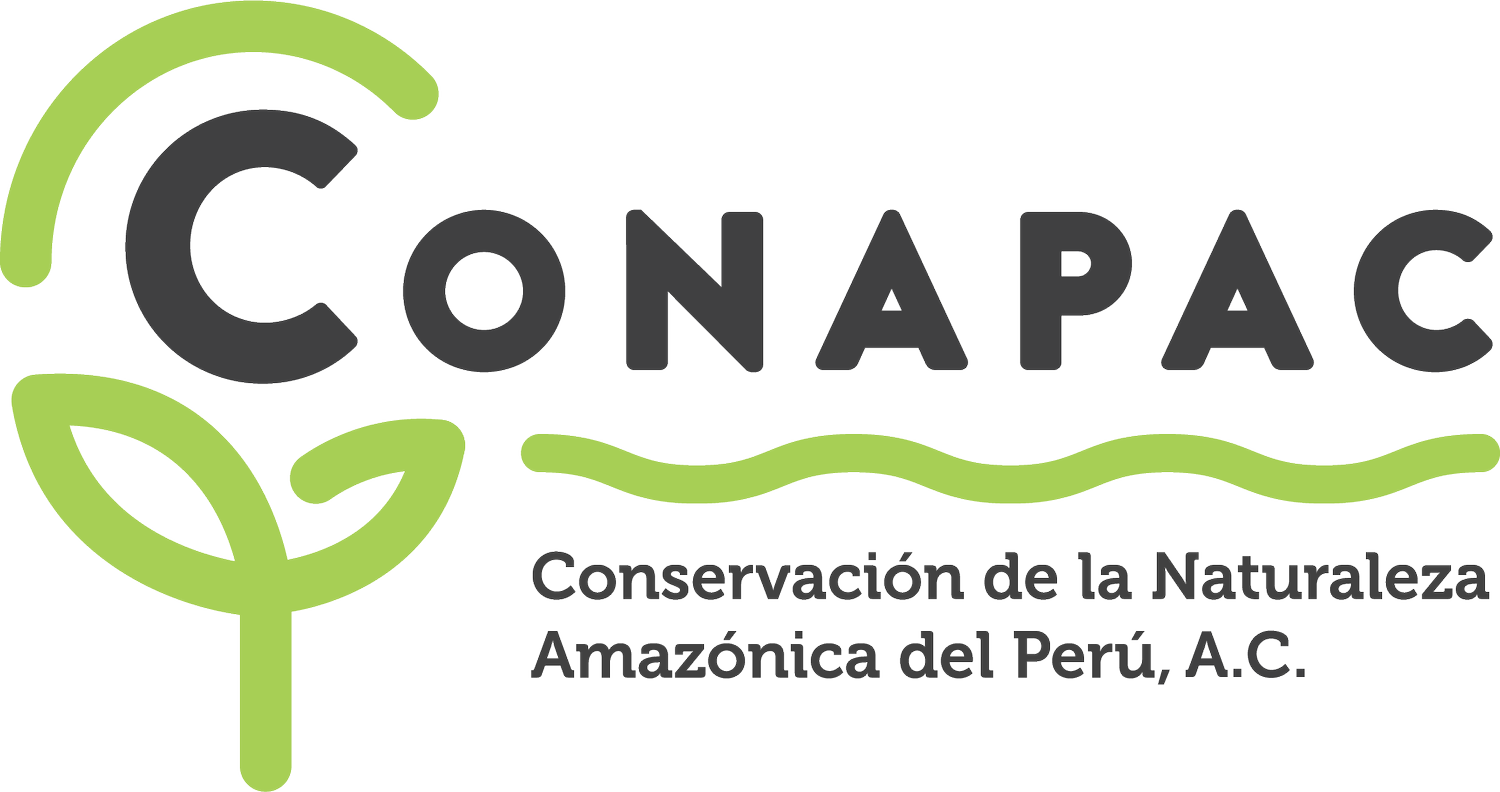Many thanks to all who reached out to us on #GivingTuesday!
In this issue you will hear from Claire Lannoye-Hall, Detroit Zoo's Director of Education, who participated in our Tree Planting week with the Fruit Tree Planting Foundation, Detroit Zoo, CONAPAC staff, and agronomist Pedro Paucarcaja.
"Today was a journey. We left Explorama Lodge early for a more than an hour boat ride, followed by a 3/4 mile walk, followed by a 45-minute small boat ride. We were met with a very warm welcome by the community, including introductions and dances. Pedro demonstrated how to carefully plant the trees. All 300 were planted in community spaces, most of them on a steep riverbank where they will help with erosion from the seasonal flooding while producing fruit. We finished our visit with an humisha (more dancing) and a chocolatada. The trip home was just a bit shorter as we're staying at a different lodge this evening, CeibaTops. When we arrived at the lodge, we trekked back to the giant Ceiba Tree to take a group photo."
Above: Claire and her planting partners, Kimberly and Maria, at the community of General Merino / fruit harvest / Karin Pinchi Villanueva, CONAPAC Conservation Programming Coordinator, and her planting partners in Nuevo San Juan del Amazonas / Pedro Paucarcara with volunteers
Head over to Claire's story map for more about Tree Planting week in the Peruvian Amazon.
Above: Trees ready to be planted / Pedro demonstrating how to grow plantains
From the Fruit Tree Planting Foundation folks on the ground this week:
"In the Loreto region of Peru, located along the Amazon River several hours up the river from the region’s major city, the community of Ramon Castillo has planted several thousand fruit trees with us since 2018. Read more from the Fruit Tree Planting Foundation during CONAPAC's planting week."
"Another wonderful day here in Peru spent planting trees at the community school in Nuevo San Juan del Amazonas. 150 food producing and medicinal trees will grow outside the classrooms in the center of the village, including native and cultivated varieties such as aguaje, taperiba, cacao, castaña, and coconut. Many of the trees were inter-planted amongst bananas to create diverse and biodiverse food forest." Read more.
Want to donate?
We have several long-time donors and partner organizations who work tirelessly for CONAPAC; with you, we can do so much for our communities.
Our work is only possible with the many other donations, big and small, that we receive throughout the year.









